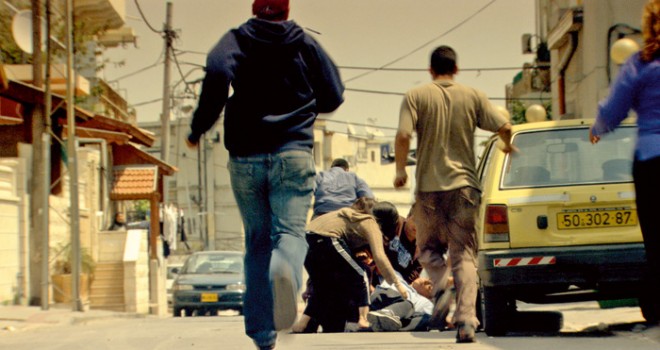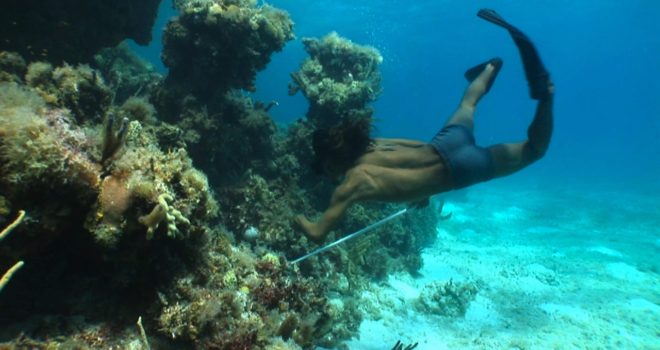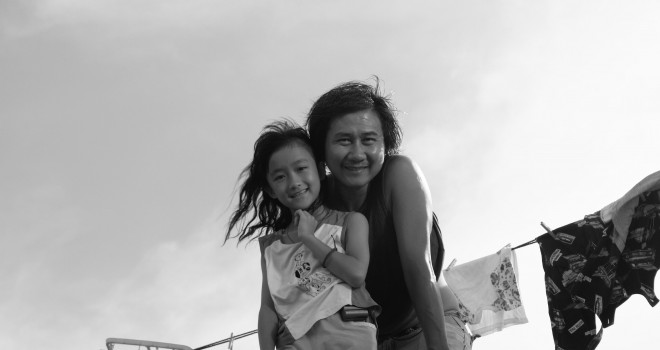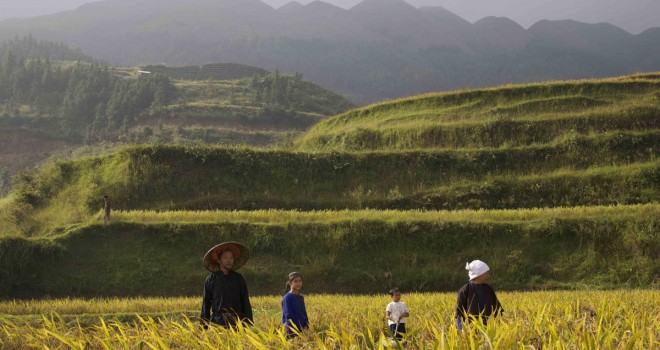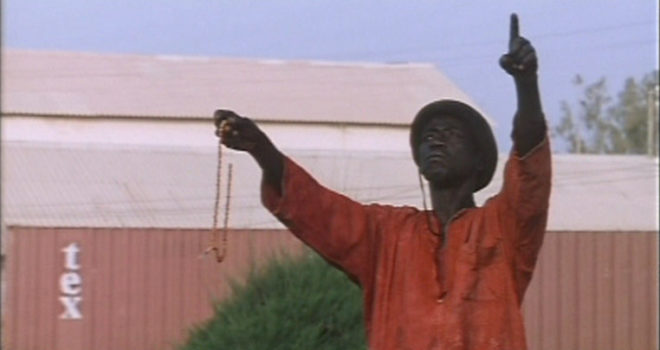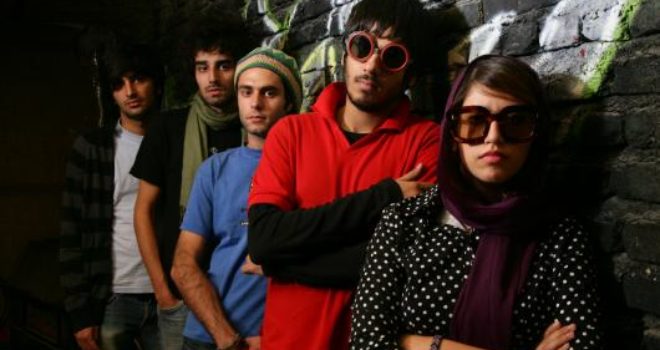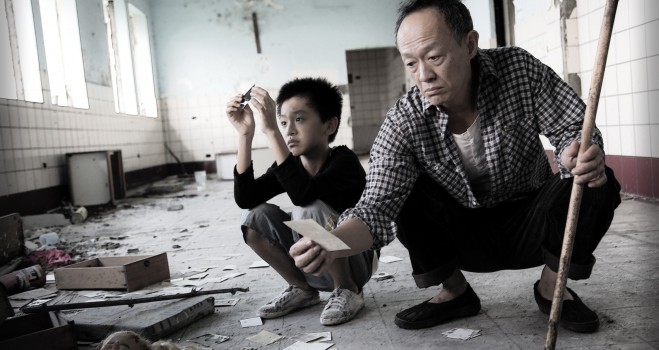The Continent J youth program allows young festival goers to become acquainted with other realities and take a fresh look on distant horizons. This often happens through a thought-provoking plot, which requires from the child to submit to the constraints imposed by the adult world. Implication more often than not is mitigated by the child’s inborn ability to find within himself the possibility of an elsewhere (by playing, dreaming). The « hero » is then passive and constrained, the first victim of his environment, overwhelmed by his natural capacity to escape.
The 2010 Continent J program swaps this passive-hero position for a consciously active actor. Be it Iranian rockers in Persian Cats (2009) that crash through Tehran in search of a space to make exist their artistic practice, or the young Qiu of the Rizière (2010) who dreams of being a writer while his parents must continue to carry out the traditional act of planting rice, all these characters become rebellious actors of their society by their determination to live by their passions. Their claims are personal and even artistic. Those of Nasri, Omar, Malek Binji or Dando restless citizens of the neighborhood of Ajami (2009) in Israel are survivors. Their violence is the sine qua non of their existence in that territory ; idleness would be disastrous. In Taiwan, the young Chu, unforgettable figure of The Fourth Portrait rebuilds his young orphan life by the force of his curiosity and pacifism, teaching the adults who are watching him fight against grief, that redemption is still possible. In all these situations, action is synonymous of self-empowerment and even when facing brutal reality, it remains a positive move.
The representation of childhood in the 2010 selection places young people at the same level as those that have the power to decide because they are able to question the world that surrounds them. Not without dread, they wonder how they can grow up and act on political contingencies in order to free the expression of their simple desires. In Alamar young Natan’s intuition is a symbolic response to these serious, and of course universal issues. The immensity of the sea before him reveals the infinite of new dreams and brings the boy to reposition his gaze on the world, building his « elsewhere » that no longer needs to rely on imagination or child reverie to exist, but just his eyes. Perhaps Continent J is an invitation for each child to find his own ocean and cultivate his secret revolution, the one that will make him/her grow deep down inside.
Guillaume MAINGUET



